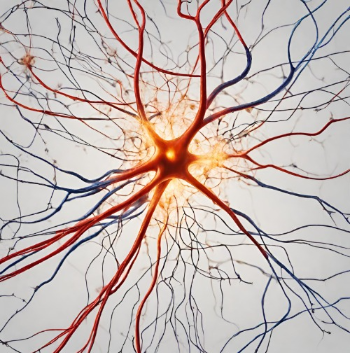Cultural Trauma and Healing: Integrating Cultural Practices into Therapeutic Interventions
- Amirah Ahmad Shah
- Mar 17, 2024
- 2 min read
Cultural Trauma and Healing: Integrating Cultural Practices into Therapeutic Interventions
In the realm of mental health, cultural trauma is a profound and often overlooked aspect of clients' experiences. Cultural trauma refers to the collective psychological wounds inflicted upon a group of people as a result of systemic oppression, historical injustices, or intergenerational trauma. These traumas can manifest in various forms, including feelings of loss, shame, and disconnection from cultural identity. However, by integrating cultural practices into therapeutic interventions, counselors can facilitate healing and resilience within culturally diverse communities. In this blog, we'll explore the concept of cultural trauma, its impact on mental health, and the importance of incorporating cultural practices into the healing process.
Understanding Cultural Trauma
Cultural trauma arises from events or experiences that threaten the fundamental beliefs, values, and identities of a cultural group. These events can range from colonialism and genocide to forced migration and discrimination. Cultural trauma is often passed down through generations, shaping individuals' perceptions of themselves and their communities. It can contribute to a range of mental health issues, including depression, anxiety, post-traumatic stress disorder (PTSD), and substance abuse.
The Role of Cultural Practices in Healing
Cultural practices, such as storytelling, rituals, art, music, dance, and spirituality, play a vital role in the healing process for individuals and communities affected by cultural trauma. These practices provide avenues for expression, connection, and resilience, allowing individuals to reclaim their cultural identities and narratives. By incorporating cultural practices into therapeutic interventions, counselors can help clients tap into their cultural strengths and resources, fostering healing and empowerment.
Building Cultural Resilience
Cultural practices not only promote healing but also build cultural resilience within communities. Through collective rituals and traditions, individuals can find solidarity, support, and a sense of belonging. These cultural connections serve as buffers against the negative effects of trauma, enabling individuals to navigate adversity with greater strength and resilience. By honoring and preserving cultural practices, counselors can help communities reclaim agency and reclaim agency and resilience in the face of cultural trauma.
Integrating Cultural Practices into Therapeutic Interventions
Integrating cultural practices into therapeutic interventions requires counselors to be culturally competent and sensitive to the diverse needs and beliefs of their clients. This may involve collaborating with community leaders, elders, and cultural experts to incorporate culturally relevant rituals, ceremonies, and storytelling into therapy sessions. It may also involve adapting existing therapeutic modalities to align with clients' cultural values and worldviews.
Conclusion
In conclusion, cultural trauma is a significant yet often overlooked aspect of mental health that affects individuals and communities worldwide. By integrating cultural practices into therapeutic interventions, counselors can facilitate healing and resilience within culturally diverse communities. These practices provide avenues for expression, connection, and empowerment, allowing individuals to reclaim their cultural identities and narratives. Ultimately, by honoring and preserving cultural practices, counselors can help individuals and communities heal from the wounds of cultural trauma and build a more resilient future.







Comments